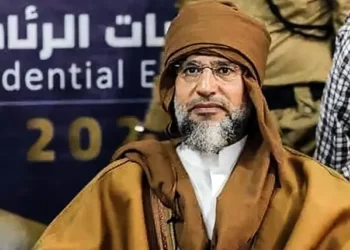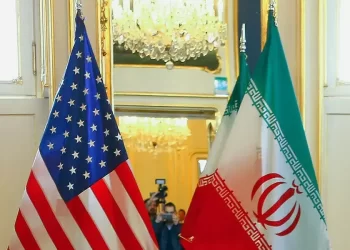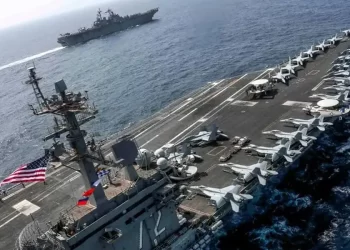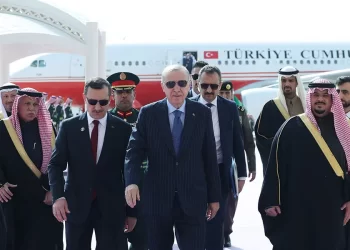TEL AVIV, Israel (news agencies) — The targeting of two senior militant leaders in two Middle Eastern capitals within hours of each other — with each strike blamed on Israel — risks rocking the region at a critical moment.
The strikes come as international mediators are working to bring Israel and Hamas to agree to a cease-fire that would wind down the devastating war in Gaza and free hostages. Intense diplomatic efforts are also underway to ease tensions between Israel and Hezbollah after months of cross-border fighting.
The assassination of Hamas’ top leader Ismail Haniyeh in Tehran and the strike against senior Hezbollah commander Fouad Shukur in Beirut could upend those painstaking attempts to defuse a Middle East powder keg. Iran has also threatened to respond after the attack on its territory, which could drag the region into all-out war.
Here’s a look at the potential fallout from the strikes:
Haniyeh’s assassination could prompt Hamas to pull out of cease-fire negotiations being mediated by the U.S., Egypt and Qatar, though it has yet to comment on the issue.
But given Haniyeh’s role, a senior Egyptian official with direct knowledge of the negotiations said the killing will highly likely have an impact, calling it “a reckless act.”
“Haniyeh was the main link with (Hamas) leaders inside Gaza, and with other Palestinian factions,” said the official, who met with the Hamas leader multiple times in the talks. “He was the one we were meeting face-to-face and talking about the cease-fire.”
The official spoke on condition of anonymity because he was not authorized to discuss the talks with the media.
Qatari Prime Minister Mohammed Bin Abdul Rahman al-Thani condemned the attacks.
“How can mediation succeed when one party assassinates the negotiator on the other side?” he wrote on the social media platform X.
U.S. Secretary of State Antony Blinken said he didn’t want to speculate on the effect, but the events renewed the “imperative of getting the cease-fire,” which he said they are working toward on a daily basis.
Hezbollah has said that it will halt its fire on Israel if a Gaza cease-fire is reached.
Israeli Prime Minister Benjamin Netanyahu has argued that military pressure will prompt Hamas to agree to a deal, but previous killings of senior figures have not appeared to increase the chances for an agreement.
People in Gaza expressed sadness and shock over Haniyeh’s killing and worried that a cease-fire deal was slipping away.
“By assassinating Haniyeh, they are destroying everything,” said Nour Abu Salam, a displaced Palestinian. “They don’t want peace. They don’t want a deal.”
The increasingly desperate families of hostages held in Gaza urged for their loved ones to be released.
“I’m not interested in this assassination or that assassination, I’m interested in the return of my son and the rest of the hostages, safe and sound, home,” said Dani Miran, whose son Omri, 46, was kidnapped from Kibbutz Nahal Oz on Oct. 7.
The strikes also raised alarm among some diplomats working to defuse tensions in the region.
“The events in Tehran and Beirut push the entire Middle East to a devastating regional war,” said one Western diplomat.
The diplomat — whose government has engaged in concerted diplomacy to prevent an all-out war between Israel and Hezbollah, but is not directly involved in cease-fire or hostage negotiations — called the killing of Haniyeh a “serious development” that has “almost killed” a possible cease-fire in Gaza, given its timing and location.








